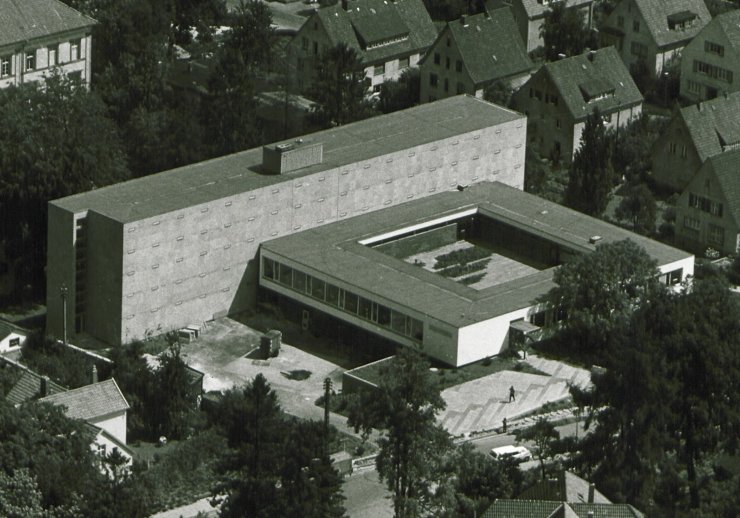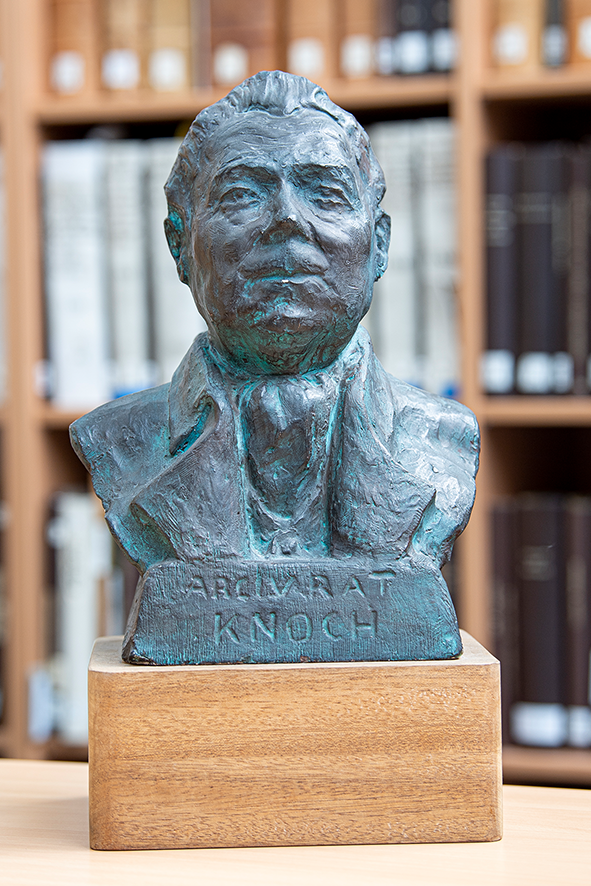Archive history
The East Westphalia-Lippe Division of the Landesarchiv Nordrhein-Westfalen has its roots in the former Fürstlich-Lippischen Landesarchiv (Princely Lippe State Archives), which existed since the Middle Ages. In 1947, the previously independent state of Lippe was incorporated into the federal state of North Rhine-Westphalia. This was accompanied by the formation of the administrative district of Detmold, which was created from the former state of Lippe and the former Prussian district government of Minden.
Initially, the archive was only responsible for the new government, but its remit was extended in 1955 to include all state authorities in the administrative district. In 1957, the archive became the third state archive in North Rhine-Westphalia, alongside Düsseldorf and Münster.
In 1963, the State Archive was able to move into a newly constructed purpose-built building on Willi-Hofmann-Straße in Detmold. The files of state authorities from the former administrative district of Minden dating from 1816 onwards, which had previously been stored in the State Archive in Münster, were also transferred to the building. The State Archives underwent a significant expansion in 1964 with the addition of the newly established Westphalia-Lippe Civil Registry Archives. Since then, Detmold has been a popular destination for family researchers. As part of the reorganisation of the archival system on 1 January 2004, the State and Civil Registry Archives became a Division of the newly founded Landesarchiv Nordrhein-Westfalen. Since 2008, it has been operating under the name ‘East Westphalia-Lippe Division’.
Selected bibliography:
Hans Kiewning, Das Lippische Landesarchiv in Detmold, in: Archivalische Zeitschrift 42/43 (1934), pp. 281-321.
Johann Ludwig Knoch (1712-1808)
For almost three quarters of a century, the trained lawyer worked as an archivist for various sovereigns, most recently spending more than four decades in Detmold, where he completely reorganised the dilapidated stately archives from scratch. He was one of the most prominent archivists of his time in the Old Empire, and his working methods were always at the cutting edge of archival science. Today, his bust watches over the reading room in Detmold. Archivist Knoch is now probably the first archivist to be present on the internet in 3D format.
- Copy URL
- Facebook share
- X

